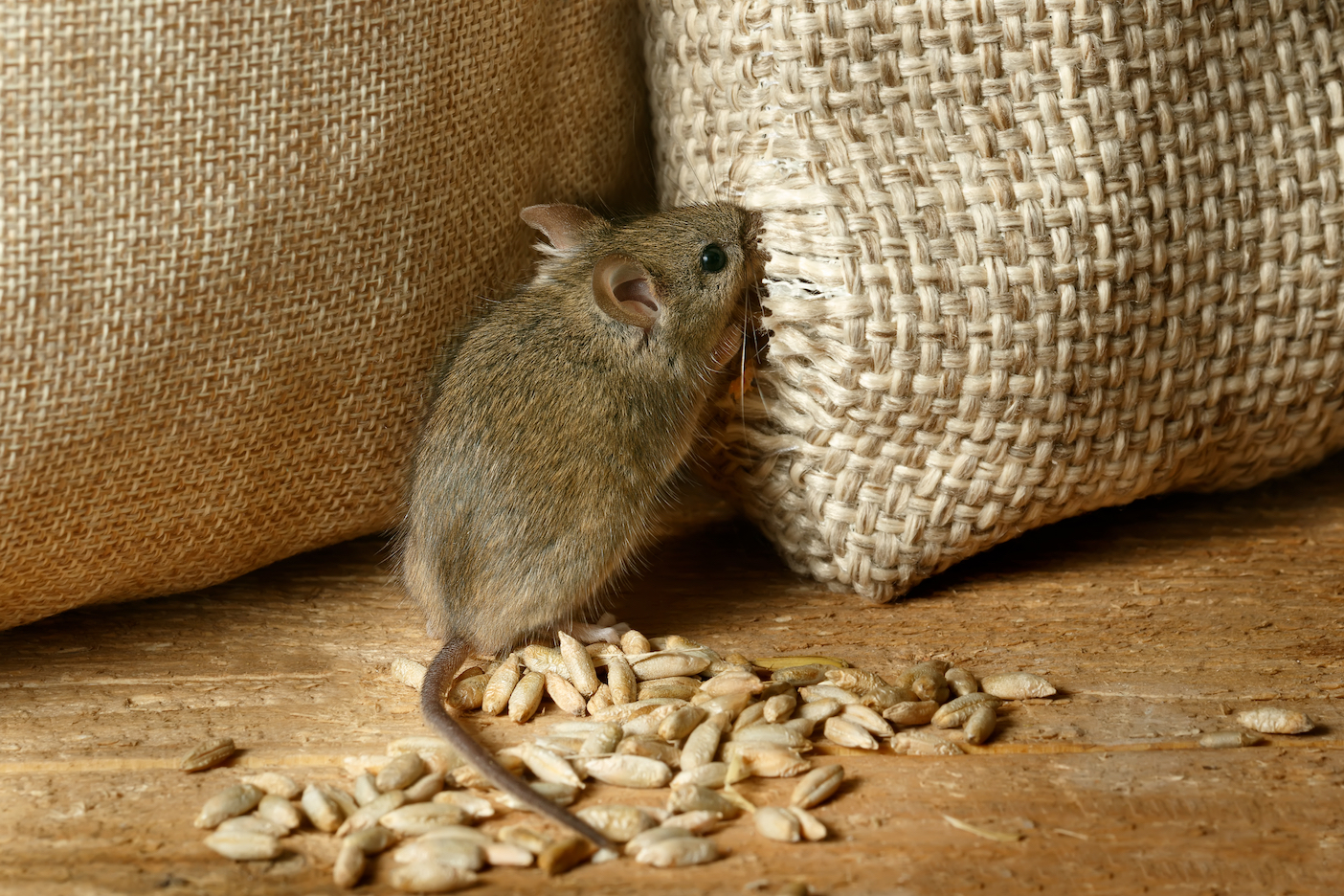
Mice change their behavior to avoid feelings of regret
Researchers at the University of Minnesota have demonstrated that mice not only experience feelings of regret, but also learn how to adjust their behavior to avoid making the same mistakes in the future.
“Changing your mind means first, that you realize you have made a mistake, and, second, that the new course of action would have been the better option in the first place,” said study lead author Brian Sweis. “These two properties of change-of-mind decisions capture hallmark features of regret: error of one’s own agency and counterfactual reasoning.”
The experts trained mice to run around a track, where they could choose to stop off and wait at different “restaurants” that served varying flavors of food. When the mice encountered a food station, they had to decide whether to wait to receive the food or skip it and try the next restaurant.
“It’s like you open the door to a Chinese restaurant and see the line and have to decide whether to wait through that line or try your luck at the Italian restaurant next door,” said study co-author Dr. David Redish.
The mice were willing to wait a different amount of time for each of the flavors depending on their preferences.
“This means that we can define good deals (short delays) and bad deals (long delays) at each restaurant and that we can measure the economic strategies used,” said Dr. Redish.
Over the course of a few months, the strategies used by the mice changed. In the early days of the experiment, the mice rarely ever changed their minds. As the researchers increased a product’s price by increasing the time the mice had to wait, the mice began to develop new strategies.
The authors found evidence that the mice regretted earlier decisions that may have been rushed. Over the next few weeks, strategies continued to change and mice learned to take extra time to plan ahead and avoid bad deals by skipping them altogether.
“The strange thing is that mice didn’t get any extra food out of this new deliberative strategy. That mice were willing to spend time deciding to skip tells us that there must be some hidden cost to the change-of-mind strategy,” said Sweis.
By planning ahead, the mice managed to avoid situations that could lead to regret, such as accepting bad deals or making hasty decisions.
“By carefully examining complex behaviors, we learn something new about how the brain might be separately processing hidden information that motivates us to learn and how we decide between things we should and shouldn’t do or things we want but know better not to take,” explained Sweis.
Study co-author Dr. Mark Thomas added: “This has important implications for understanding how such complex processes, which can be now be modeled in rodents, might malfunction in neuropsychiatric disorders.”
The research is published in the journal PLOS Biology.
—
By Chrissy Sexton, Earth.com Staff Writer













